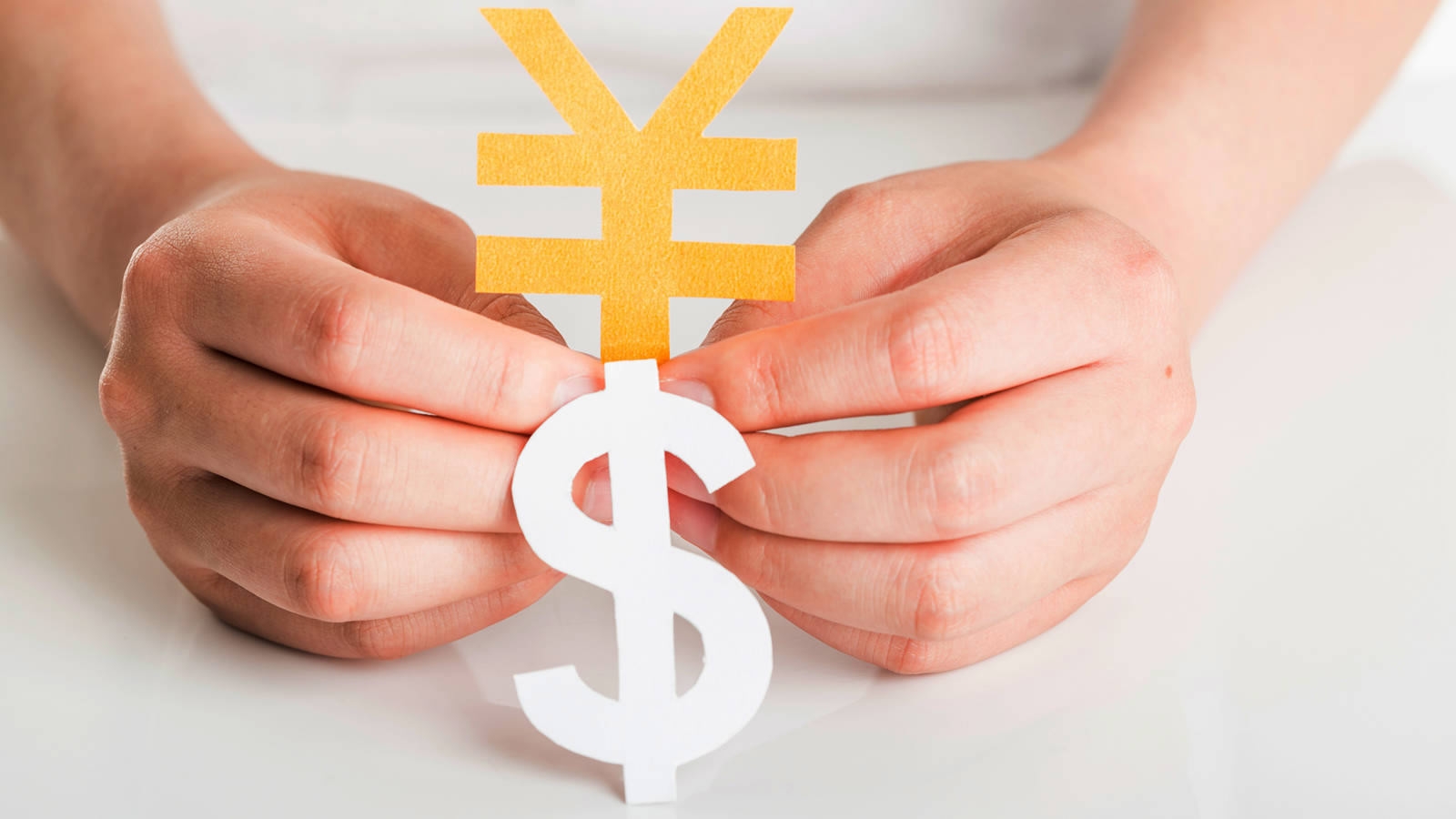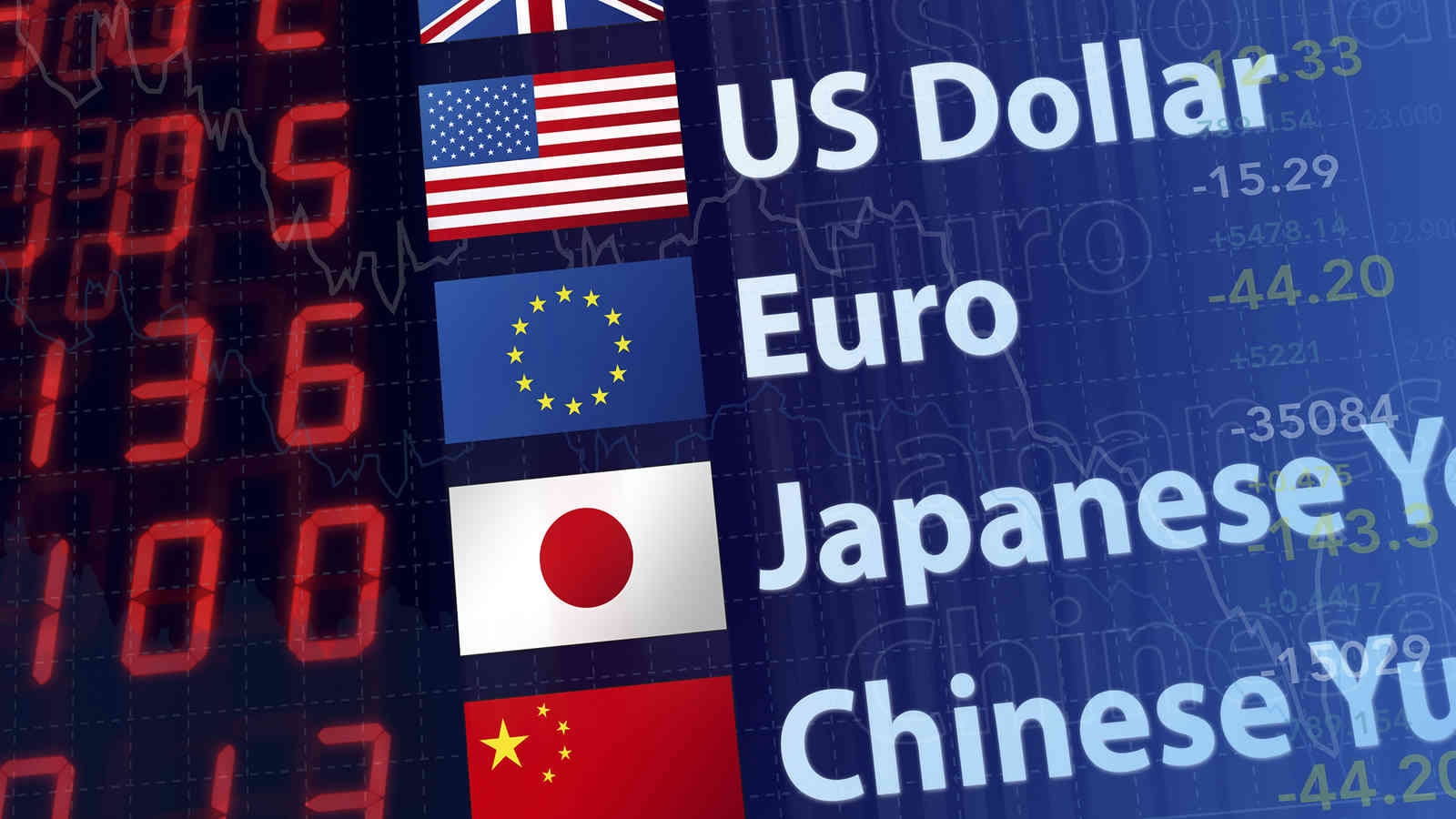
Business
16:43, 01-Aug-2017
Short-term predictions on yuan-dollar exchange rate

By CGTN’s Gao Songya
China’s yuan has been strengthening over the past few months, thanks to the US dollar’s recent weakness. The yuan went from 6.98 against the greenback at the beginning of 2017 to 6.72 currently.
So what caused the dollar’s drop and what can we expect for the yuan-dollar exchange rate in the rest of the year?
The International Monetary Fund (IMF) said last Friday in its annual External Sector Report that China's yuan exchange rate is broadly in line with economic fundamentals, and that the dollar was overvalued by 10 to 20 percent, based on US near-term economic fundamentals.
Jimmy Zhu, Chief Strategist at Fullerton Markets, an Asian brokerage firm, says there are three major factors behind the dollar’s weakness.

“First, US inflation is lower than expected, the Federal Reserve planed three to four rate hikes for 2017 but we only saw two, and many are saying there won’t be a third rate hike this year,” Zhu said.
“Secondly, President Trump, who was believed by many to be able to inject stimuli to the economy, now faces a lot of obstacles to implement his policies. That has persuaded many dollar buyers to pull back,” explained Zhu.
He also added that China’s economy itself is in better shape now compared with a year ago, as economic data, including trade, PPI and PMI, shows that the economy is still going upward and domestic demand is robust.
That makes international investors more willing to invest in China, which will drive yuan assets higher.
Fullerton Markets believes that the Federal Reserve’s potential attempts to shrink the US balance sheet would generate more market sentiment at home, thus squeezing investors’ money to other emerging markets. And that could continue to push those currencies higher against the dollar.
Zhu predicts that the yuan exchange rate might approach 6.7 towards the end of the year, and China may allow some yuan weakness against other Asian currencies, such as the Thai baht and South Korean won, to make sure the country’s economic policies aren't too tight.
(CGTN's Zhu Feng contributed to the story)

SITEMAP
Copyright © 2018 CGTN. Beijing ICP prepared NO.16065310-3
Copyright © 2018 CGTN. Beijing ICP prepared NO.16065310-3